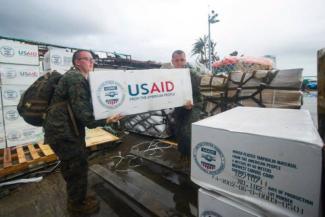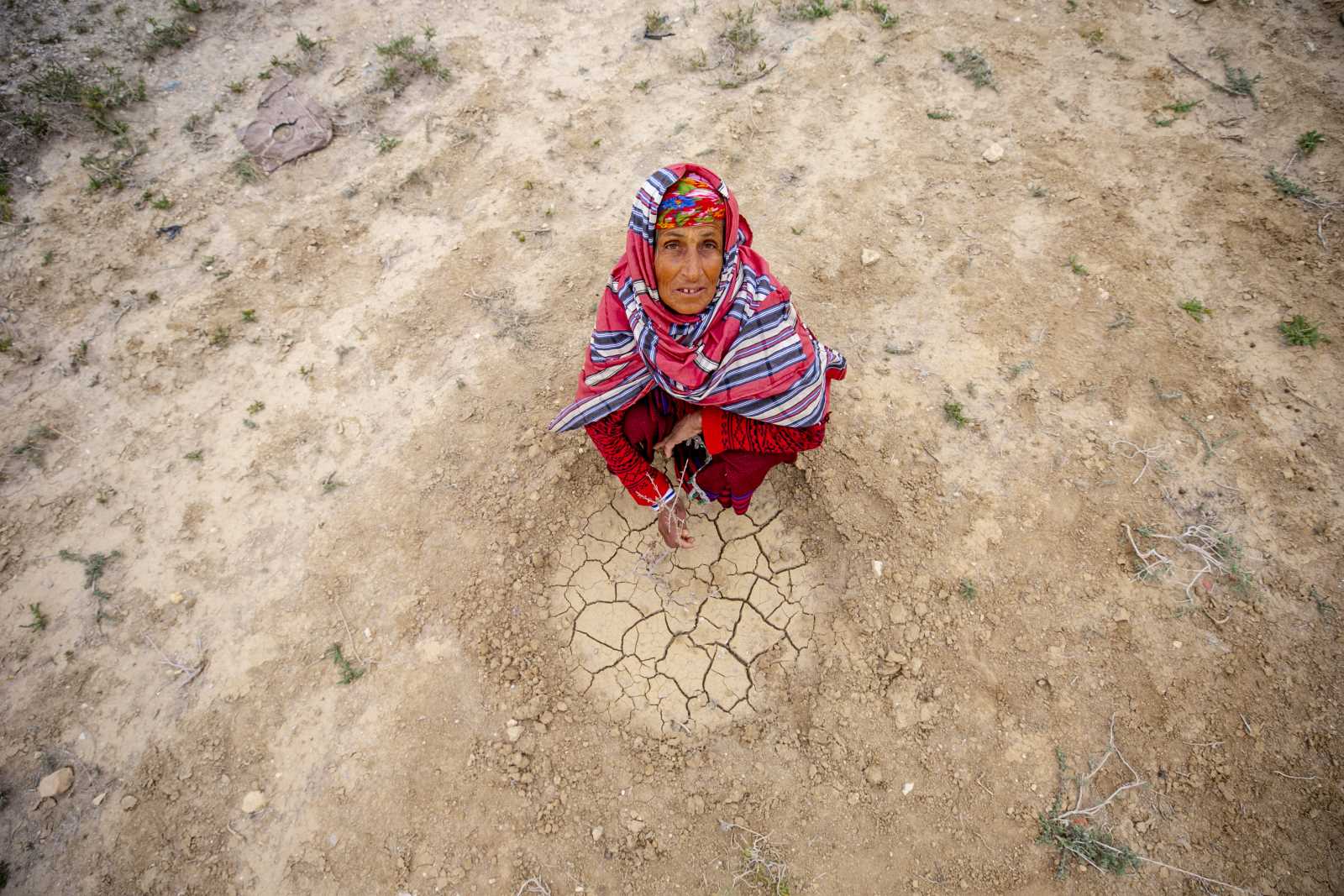Official development assistance
A matter of enlightened self-interest

Do you think that President Trump is aware of the Sustainable Development Goals (SDGs) at all?
I don’t think that the SDGs and the international community’s approach to development progress is something that resonates within the White House. Frankly, I don’t think that there is a lot of awareness at all about this agenda. To try to express some optimism, there is a chance that this will change over time to some degree. Mechanisms like the G20 can make President Trump hear from other leaders about the importance of this agenda. The presidents comments on foreign aid so far have been quite discouraging, and I think that there is very little knowledge about what the objectives and attractiveness of foreign assistance are.
You indicate that you would like to spread some optimism. Who or what could change Trump's mind?
What we see in his budget plans is very discouraging. The proposed budget cuts are alarming. But the US Congress has just expressed a markedly different view, passing a bipartisan budget deal. In both political parties, Republicans and Democrats, there is a strong commitment to long standing approaches to development assistance, so some hope that Congress will prevail in these discussions over the next few years is justified. The upcoming G20 summit in Germany is also very important. There is an emerging commitment to a gender agenda that seems to be driven by actors within the White House who are working with German actors to push a new facility, perhaps at the World Bank, focused on women in businesses and entrepreneurship. Setting aside the substance, this is encouraging simply because it is the normal for the US to be looking for deliverable results in the G20 context. And the fact that they have chosen to pursue a development-relevant issue suggests that there are at least some actors in the White House who care for the subject.
What initiative is this precisely?
The focus is on some kind of approach to promote women in the private sector. I am not aware of any formal announcement yet, but there seems to be an initiative of Germans and Americans, involving the World Bank, to do something.
Trump wants to slash the ODA budget in 2018. What exactly are his plans?
The Trump administration launched the so-called “skinny budget”. That is where we saw very deep cuts in foreign aid. However, Congress and the White House later had to agree on a budget for this year, which was the bipartisan deal struck in May. It is actually a very good budget and includes substantial funding for foreign assistance. The budget compromise was actually a disavowal of what the White House wanted. As for the 2018 budget, we still are waiting for the details. They should be announced in a few weeks. But what we have seen so far is that there are likely to be cuts across the board, ranging from 20 % to 40 %. They touch virtually every area, even things that people thought were well protected like global health programmes or various types of humanitarian assistance. Beyond that we see a structural shift in the budget plans. The administration wants to weaken the development agency USAID and boost the power of the State Department. This would be a shift away from a true development focus and poverty reduction in favour of a more policy-driven strategy. What we also see in the budget plans is a severe reduction in the number of countries to which the US would provide official development assistance. This would mean a full disengagement in a lot of countries.
Which countries are effected mostly? Muslim countries?
No, I do not see a consistence approach. There are some countries that stand out for deep reductions like Ukraine and even least developed countries like Sierra Leone. It’s hard to understand the rationale.
What would deep ODA cuts mean?
In many low-income countries, especially in sub-Saharan Africa, US foreign assistance accounts for a huge proportion of their funding in some key sectors. So whether it is vaccination or nutrition programmes, a lot of social protection in sub-Saharan countries largely depends on aid from the US.
How does such aid serve US interests?
Well, we do have strategic gains from being engaged in a wide range of countries. Number one is public security. In today’s world, you cannot isolate security threats to one country or one region, so the US needs to be engaged in a wide range of countries. Our nation cannot only provide arms; political stability requires more. People need opportunities, livelihoods and a minimum level of social protection. They must see the benefits of international cooperation. If that is the case, we’ll have allies for upcoming security challenges. If we withdraw from many countries, however, we will feel the damage for many years to come.
Is the US public aware of these issues?
I think the underlying public support for foreign assistance is stronger than is commonly believed. After the election of Donald Trump, everyone worries that the American public has turned its back on the world. But more sophisticated polling reveals that there actually is a lot of support even for foreign assistance programmes. But there is also a lot of ignorance. One very common polling question put to Americans is how large the share of ODA should be in our budget. The answers consistently reveal a broad misunderstanding. People believe that ODA accounts for 20 %, 30 % or even 40% of our budget. In reality it is less than one percent.
Why is it in the interest of the USA to rely on multilateral institutions and settings from the World Bank and the International Monetary Fund (IMF) to the G20?
It is a matter of enlightened self-interest:
- First of all, the United States is providing global leadership by promoting these institutions, which reflect an agenda that has been shaped by the US over many decades. Issues such as trade or anti-corruption are high on this agenda.
- Second, international financial institutions provide tremendous leverage to US dollars. If you think of IMF engagement – for example, in Ukraine – in recent years, very large-scale financing packages were provided. These are packages that the US alone could not have provided bilaterally. So in countries where the US has very strong specific interests, we largely depend on the IMF and the World Bank.
- Third, multilateral institutions have the ability to be engaged in a very wide array of countries simultaneously in a way the US alone cannot. The USA should view the IMF and the World Bank as extensions of its own programmes and approaches internationally. This is particularly important at a time when rising powers like China are embracing multilateralism.
Scott Morris is a senior fellow at the Center for Global Development, a Washington-based think tank.
smorris@cgdev.org
https://www.cgdev.org















